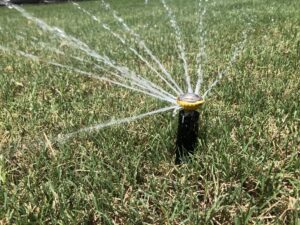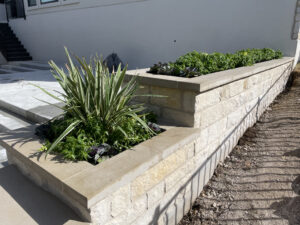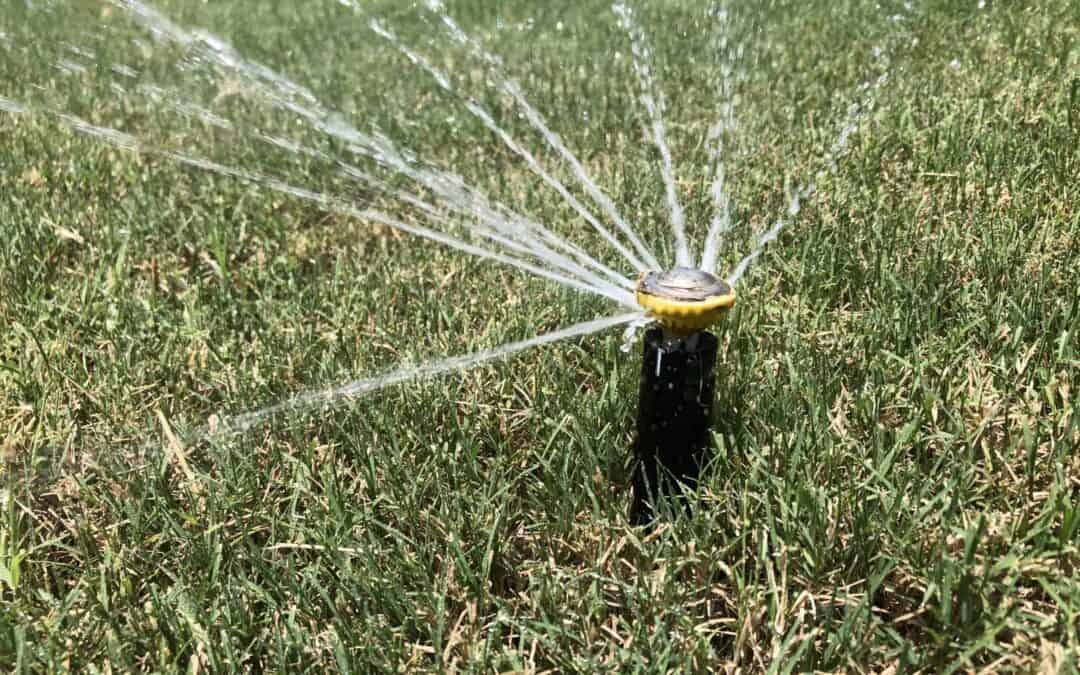Overwatering the lawn is one of the most common mistakes homeowners make when watering their lawn. Over a long period, drowning lawns may show the effects of splotchy patches, flooding, or discoloration. Water balance in your soil requires knowledge of your lawn and treating existing issues. This blog will explore how you can avoid the risk of water damage by implementing or upgrading your current irrigation systems. Progreen is here for all of your watering needs and concerns. Our team of experts will evaluate your lawn to decide what types of components will water your grass evenly so you don't have to.
Effectively Using Irrigation Systems
 Installing an irrigation system works effectively to strengthen the health of your lawn and prevent stress on your lawn. Due to uneven distribution, traditional sprinklers can also run the risk of overwatering the lawn. Upgrading to an irrigation system is simple and can help you conserve water. Proper design installation of an irrigation system will save you in the long run.
A correct system will purposefully water the lawn and understand which zones should be reached. A professional will handle the logistics, machinery, and landscaping. Controllers and sensors can track adjustments to your lawn and create a watering schedule. A well-designed landscape can save you money on water year-round and manage the damage to your lawn.
Installing an irrigation system works effectively to strengthen the health of your lawn and prevent stress on your lawn. Due to uneven distribution, traditional sprinklers can also run the risk of overwatering the lawn. Upgrading to an irrigation system is simple and can help you conserve water. Proper design installation of an irrigation system will save you in the long run.
A correct system will purposefully water the lawn and understand which zones should be reached. A professional will handle the logistics, machinery, and landscaping. Controllers and sensors can track adjustments to your lawn and create a watering schedule. A well-designed landscape can save you money on water year-round and manage the damage to your lawn.
Drainage Solutions
Some water-related issues to your lawn can be caused by improper drainage or a weak landscape foundation. A well-graded slope will reduce the effects of erosion to work in tandem with your irrigation system. Prevent waterlogging from rainfall or hand watering daily by using French drains, for example, that move excess water away from built-up areas.Water Retention and Reusing Rainwater
Depending on your soil type, it will absorb water differently. On the other hand, a dry lawn faces issues such as insufficient water penetration, water retention problems, and a lack of water in your area. Using soil conditions or amendments such as compost can improve your lawn and help it retain water. Environmentally conscious homeowners have found a solution to not getting enough water by reusing rainwater for future watering.Types of Irrigation Systems
There are more ways than one to get the most use of your irrigation systems. The rise of innovative technology and enhanced tools can reduce overwatering and maintain sustainability. Different systems provide water to your lawn, garden, plants, and shrubs. There are a few types depending on your lawn needs, that work well to benefit you if daily watering is not an effective option for you—these include:- Sprinkler irrigation: Provides simple automation, spraying water through the air to separate the water
- Drip irrigation: Attached water system to spread water slowly yet thoroughly with the main purpose of reducing overwatering and ensuring moisture
- Surface irrigation: The most common irrigation system, distributing water through the soil's surface
- In-ground systems: Convenient, coverable systems without the risk of over-spraying or overwatering your lawn
Rain Garden
Rain runoff becomes purposeful with rain gardens reabsorbed into the soil. These designs are typically used to water plants or flowers separate from your lawn and are ideal for smaller garden areas.Irrigation Maintenance
Much like any device or system in your home, it's important to consider regular cleaning and maintenance to have the best results for your lawn and property. A damaged or broken irrigation system will move the excess water incorrectly, leading to waterlogging. All system components, such as the sprinkler head, pipes, and filters, should be inspected to ensure it's working properly throughout your lawn.Landscape Design
 Homeowners may have more than one outdoor space that needs proper watering and attention. Backyard spaces, gardens, and even side patios with plants should be considered when switching to an irrigation system. That's why it's important to work with a professional that will consider the aspects of your landscape. With proper grading, drainage, and an understanding of the layout of your landscape, installing a system will be easy.
Homeowners may have more than one outdoor space that needs proper watering and attention. Backyard spaces, gardens, and even side patios with plants should be considered when switching to an irrigation system. That's why it's important to work with a professional that will consider the aspects of your landscape. With proper grading, drainage, and an understanding of the layout of your landscape, installing a system will be easy.

